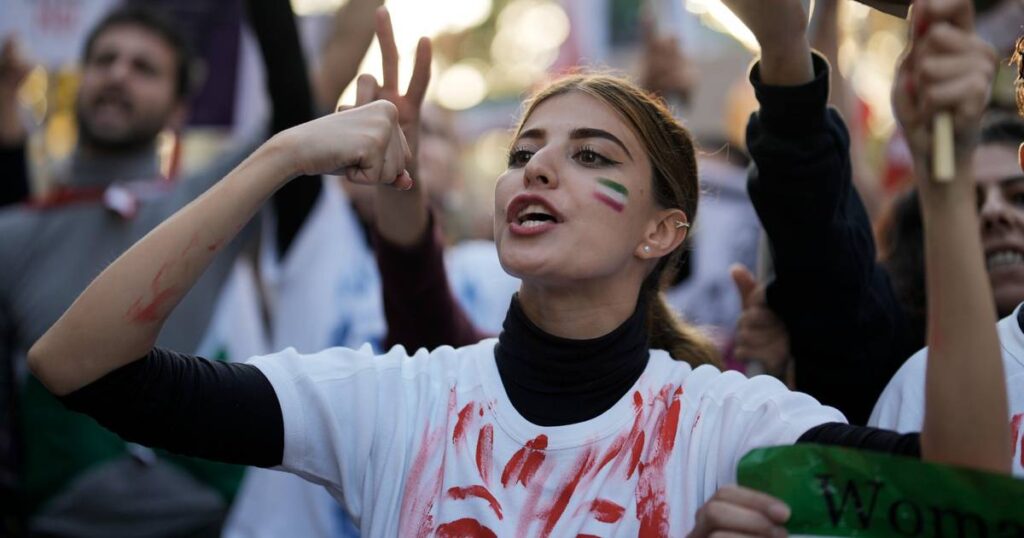In response to the nationwide protests, Iranian authorities declared on Monday (local time) that they will hold public trials in Tehran for 1,000 people. Since unrest began more than six weeks ago, the government’s mass indictments represent its first significant legal effort to quell opposition.
According to judicial officials reported by Iran’s state-run IRNA news agency, 1,000 protest leaders will face prosecution in Tehran alone for their “subversive conduct,” which included allegedly attacking security guards and setting fire to public property, among other things.
The death of Mahsa Amini, 22, on September 16 while she was in the care of the nation’s morality police, sparked the first wave of widespread demonstrations.
She was held for allegedly flouting Iran’s strict rules regarding women’s attire. The protests, which at first centred on Iran’s obligatory hijab (headscarf), have since evolved into one of the most significant threats to the country’s governing clerics since the tumultuous years that followed the Islamic Revolution in 1979.
“Those who intend to confront and subvert the regime are dependent on foreigners and will be punished according to legal standards,” said Iran’s judiciary chief, Gholam-Hossein Mohseni Ejei, indicating that some protesters would be charged with collaborating with foreign governments. Officials in Tehran have often made unfounded assertions that the upheaval was sparked by Iran’s opponents abroad.
Without a doubt, he continued, “our courts will handle the matters involving the recent riots with correctness and haste.”
Over the course of weeks of nonstop protests, security personnel have dispersed rallies using live bullets and tear gas. According to the organisation Human Rights Activists in Iran, at least 270 people have died and 14,000 have been detained. Demonstrations have continued — even as the feared paramilitary Revolutionary Guard has warned young Iranians to stop.
Ejei asserted that prosecutors made an effort to distinguish between irate Iranians who only wanted to air their complaints in public and those who intended to overthrow the theocracy.
It should be known who among the agitators was focused on confronting the system and overturning it, he said.
Hundreds of people in other Iranian provinces had charges announced against them by judicial officials.
Some people have been charged with “corruption on earth” and “war against God,” crimes that are punishable by death.
Iran intends to have 1000 protesters in Tehran publicly tried

